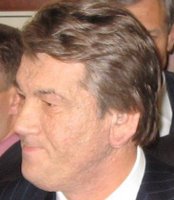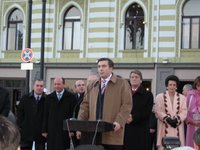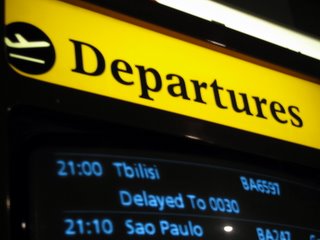The Cruel Sea

No, nothing to do with Nicholas Monserrat. The port city of Batumi is fairly quiet during the winter. Summertime these days livens up with many Georgians and some foreign tourists taking a seaside holiday. Down the road from the oil refinery there is a beach of coarse grey sand and pebbles and a long coastal walk. However, just a few kilometres south the coastline changes. At the village of Adlia at least a dozen houses beside the sea have been damaged by storms during October. You might say bad luck for building so close to the water. But in actual fact most houses were built about 60 years ago when the shoreline was a good 500 metres away. Or as one man told me, his horse used to get tired going out to the water and back. Several locals showed me right through (literally) their houses. Many houses had partially collapsed or had gaping holes in rooms facing the sea. The cause: lack of sediment and sand from the nearby Chorokhi River. It meanders through Turkey and end its journey at the Black Sea. There's been a history of dredging sand to take elsewhere up the coast and now the Chorokhi is being dammed in Turkey for hydro-electric power stations.So with no new sand and sediment to replenish beaches the present shoreline is being gouged out during every big storm. Many of the people I spoke with have little hope for having a house after this winter.
I'll post some photos when I'm back in Tbilisi. Tomorrow I'm going to talk to internally displaced Georgians from Abkhazia. Left in limbo for 13 years many are still occupying local beachside hotels.As for the sub-tropical climate here - it's really strange. It's quite cool and I'm rugged up but there's a warm breeze that blows in from the sea all day.
Listen to the story: an mp3 file can be downloaded from DivShare (6 MB)









